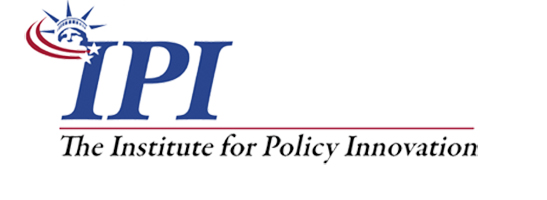By: Merrill Matthews – ipi.org – March 21, 2018
President Donald Trump has raised tariffs on steel and aluminum by 25 percent and 10 percent, respectively, and he appears to be itching to raise or impose even more tariffs.
Since the disastrous passage of the Smoot-Hawley Tariff Act of 1930, in which Congress imposed high tariffs on goods across the board, most economists and policy experts have discouraged tariffs and import restrictions. In fact, most support lowering tariffs both at home and abroad, seeing the economic benefits of free trade as outweighing any that might accrue to a limited number of protected companies.
But the Trump administration has failed to learn, or is simply disregarding, the lessons of the past and wants to make tariffs great again. What are some of those lessons?
A Tariff Is a Tax
A tariff is a tax the government imposes on its own citizens.
Tariff defenders imply a tariff punishes the exporting country. In fact, people living in the exporting country don’t pay the tax; people living in the importing country do when they buy the tariffed products. Vendors in the exporting country may see their sales decline because of a tariff, but the importing country’s consumers are the ones really punished.
But, defenders argue, the purpose of the tariff is to encourage domestic consumers to buy domestically made products and services. If they do, they won’t pay the tax. Not necessarily.
If U.S. consumers refuse to buy the imported product, they may not pay the tax directly, but they may still pay it indirectly because companies protected from foreign competition usually raise their prices significantly.
For example, in 2015 the Obama administration imposed tariffs on steel imported from China. The Wall Street Journal reported two years later, “Domestic steel companies have raised prices by as much as 50% on popular types of steel in recent months. That has boosted their profits, but troubled customers who say they can’t afford the higher cost.”
More recently the Journal claims, “Since Mr. Trump took office, the price for American hot-rolled steel coil has increased by more than 35%, rising about $222 a ton, according to price data from S&P Global Platts. When the President signed orders imposing the tariffs on March 8, prices increased by more than 4% in a day.”
However, purchasers can only avoid paying the tariffs if there are domestically made alternatives available. But there may not be and, depending on the product, it may take years for newly protected companies to ramp up production to meet the demand from domestic purchasers. In the meantime, companies needing the protected product have little choice but to purchase the highly taxed foreign imports.
Of course, domestic consumers may also continue buying the imported goods anyway, even if they have to pay more. That’s because the imported item may be of higher quality, highlighting another unfortunate practice: Domestic manufacturers sometimes demand tariffs simply to protect themselves from better-made, as opposed to cheaper, foreign products.
A Tariff Is Inflationary
Inflation occurs when there is a general increase in prices without a corresponding increase in quality or quantity.
Take political efforts to raise the minimum wage to $15.00 per hour. There would be no corresponding increase in worker productivity—though defenders implausibly argue that better-paid, low-skilled workers would likely be more productive. Employers would just be forced to pay higher wages for the same level of productivity. That’s inflationary.
It’s the same with tariffs. The companies that use raw steel or aluminum to produce their own products—e.g., cars and aluminum cans—will have to pay more for the same product. That too is inflationary.
A Tariff Is a Government-Imposed Price Control
If there is one thing most market-oriented economists and policy experts agree on, it’s price controls are bad economic policy, which is why they widely opposed President Obama’s minimum wage increase proposals.
To see the remainder of this article, click read more.
 Listen Online
Listen Online Watch Online
Watch Online Find a Station in Your Area
Find a Station in Your Area










 Listen Now
Listen Now Watch Online
Watch Online
